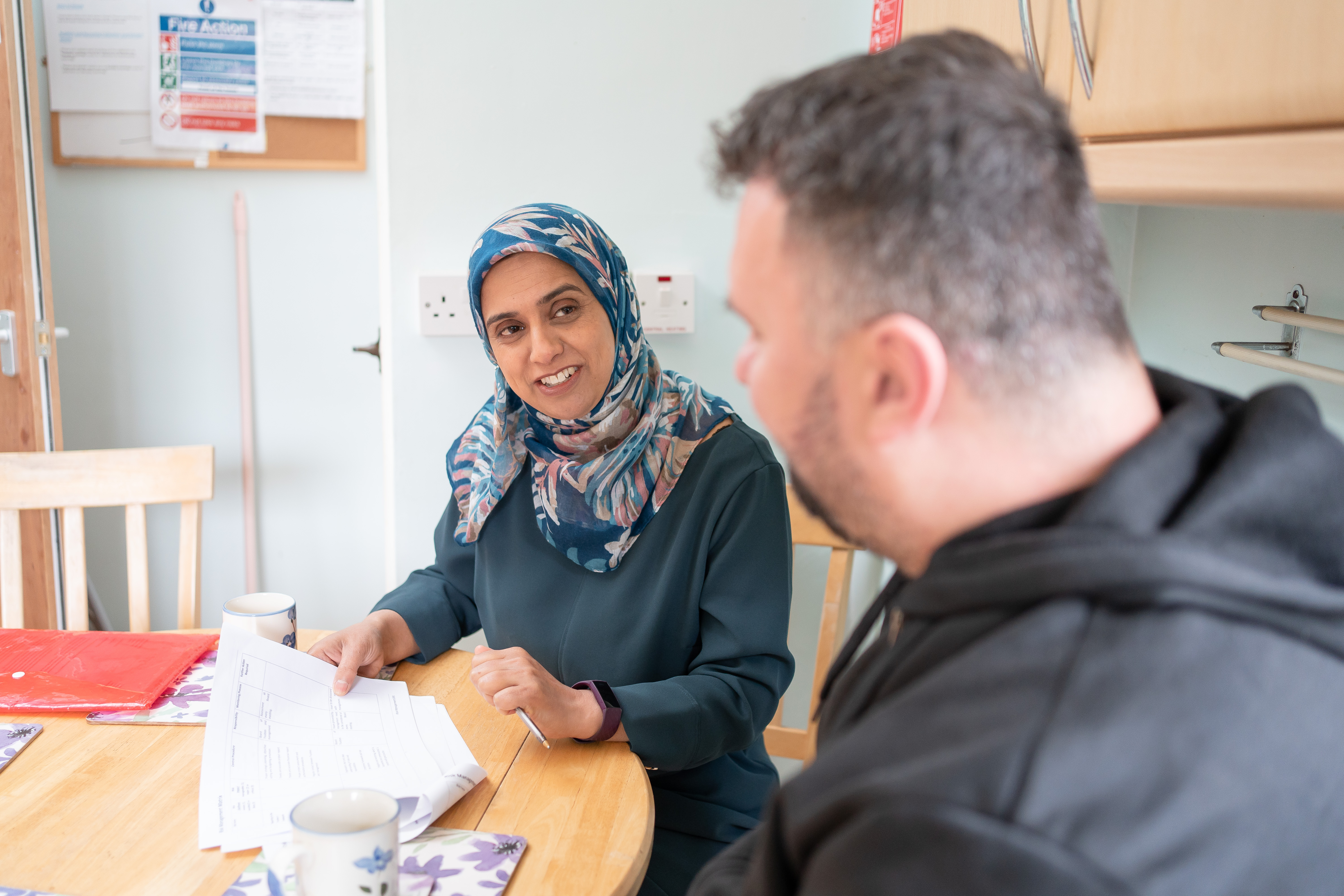It’s every small charity’s dream, isn’t it? To be approached by a big company, with cash and time to burn, who wants to support what you do.
However, it is also very daunting. How can you deal with such a big player when you are used to dealing in pocketfuls of pennies and handfuls of people? It is a question that often comes up with our partner charities. Here are some simple tips to bear in mind.
Don’t be cowed
It’s very easy to be dazzled when approached by a big brand. That’s not a criticism – it’s human nature! The impact of this is that the charity can end up accepting a disadvantageous deal as it feels like it has to serve the demands of the bigger organisation or risk losing its interest.
Remember: people in big companies know how to negotiate, and they will come in with an offer that suits them. That’s just how these things go. You need to stand your ground. In fact, don’t be afraid to ask for even more than is being offered; I have seen partnership negotiations turned very quickly from just logistical support to serious financial backing.
Don’t be cynical
Let’s admit it – in the voluntary sector, we don’t always have the loftiest opinion of big business. They’re all in it for the profit and will step on anyone to get their way, and any suggestion of partnership with a charity is just to cover up for other misdeeds – right?
For the sake of your partnership, get this idea out of your head. Yes, businesses will probably want to have a solid business case for entering into any kind of partnership, but behind the business case are human beings who probably love what you do and want to have a positive impact. What’s more, they tend to take a dim view of the idea they are part of some faceless machine. Focus on the people and build a relationship.
Know your worth
Break down the numbers and have them written down. There are two ends to this. One is the supply side – what will it cost you to deliver what is being asked of you? Include staff costs as well as a realistic proportion of your core costs. If the potential partnership is financial, this needs to be the minimum you get.
However, you also need to shift your thinking away from what we are used to, i.e. trying to offer maximum value for the least money. Remember that this business wants you. Find out what the market can bear and build in some margin for the charity. This could be an opportunity to bring in more unrestricted funds.
Decide your desired outcomes and red lines
The first question here is simple: does the partnership actually benefit your charity? If so, how? How else can the business support you? Make sure both sides are aware of what you really want out of it.
Just as important is knowing your ‘red lines’, or the non-negotiables. This could be about money, but consider things like intellectual property – if you’re running a programme together, are you sacrificing any rights to your own development? It can be hard to walk away from what seemed like an amazing opportunity, but if it is not right for the charity in the long run, you must stand firm to these decisions.
Come away with a partnership
This really sums up all of the points above. This should not be a case of a small charity being bent to the will of a big company; it needs to be an agreement between equal partners that benefits both. This will protect your organisation in the future and can create a genuinely productive relationship that could lead to further rewards.
Business and charity collaborations can be incredibly impactful, both for the organisations in question and the service users of the charity. The good ones stick firmly to these principles.
Learn more about the free support Pilotlight offers charities.
Tips for charity leaders
Creating better charity boards
Governance can be a challenge for charities. It's also often the key to the door that needs to be unlocked before a charity can get to the next stage in its development. Each board faces individual challenges, but over time, we have seen certain trends emerge when exploring the governance of an organisation.
Maximising your corporate partnership opportunities
In this blog, we explore ways to revitalise your existing corporate contact list and start building more fruitful, mutually beneficial partnerships.
Every Charity Needs: A Supported and Challenged CEO
At Pilotlight, we advocate that a CEO is both supported and challenged by their organisations, and that this combination is crucial to the charity’s smooth running.
Every Charity Needs: Diverse Income Streams
A secure and diverse set of income streams can look different for every organisation. As a rule of thumb, it could mean that no one income source accounts for more than 25% of an organisation’s income.
When Yes Means No
Something I hear frequently from charity leaders, especially founders, is ‘We can’t say no to someone who needs help!




